Loading...
tech
EPFL

Novel Algorithm Unmasks Propaganda Networks On Telegram
EPFL And Max Planck Researchers Develop Tool To Identify Misinformation

Carnegie Mellon University

How Meditation Apps Are Revolutionizing Mental Health Support
Digital Tools Offer Accessibility And New Research Opportunities

The University of Warwick
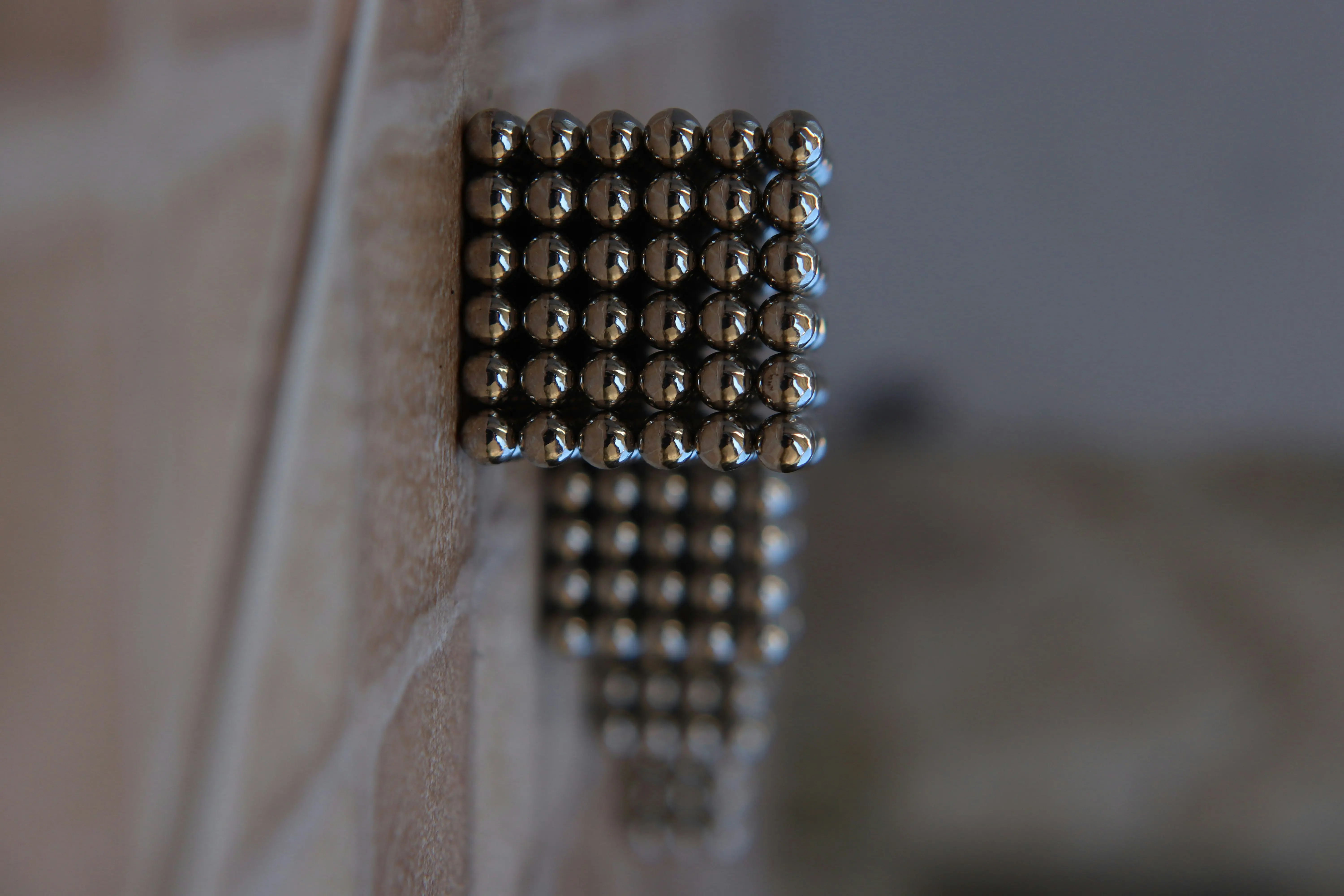
Magnetic Fields Revolutionize Oxygen Production In Space
Researchers Develop Passive Oxygen Generation System For Space Missions

The University of Western Australia

Generative AI: Beyond The Calculator Analogy
Why Comparing AI To Calculators Misses The Mark

KAIST

Self-Powered Photodetector Breakthrough Just Unveiled
Innovative Sensor Operates Without External Power, Promising Advances In Wearable And IoT Devices

Yale University

Remote Work's Surprising Impact On Entrepreneurship In The Post-Pandemic Era
Exploring How Work-From-Home Policies Are Reshaping Business Ventures

University College London

AI Browser Tools May Risk Your Privacy, Study Finds
New Research Shows How Generative AI Extensions Handle Sensitive Data

Caltech

Sound Waves Revolutionize Quantum Memory Storage
Caltech Team Extends Quantum State Storage Using Mechanical Oscillators

Harvard University
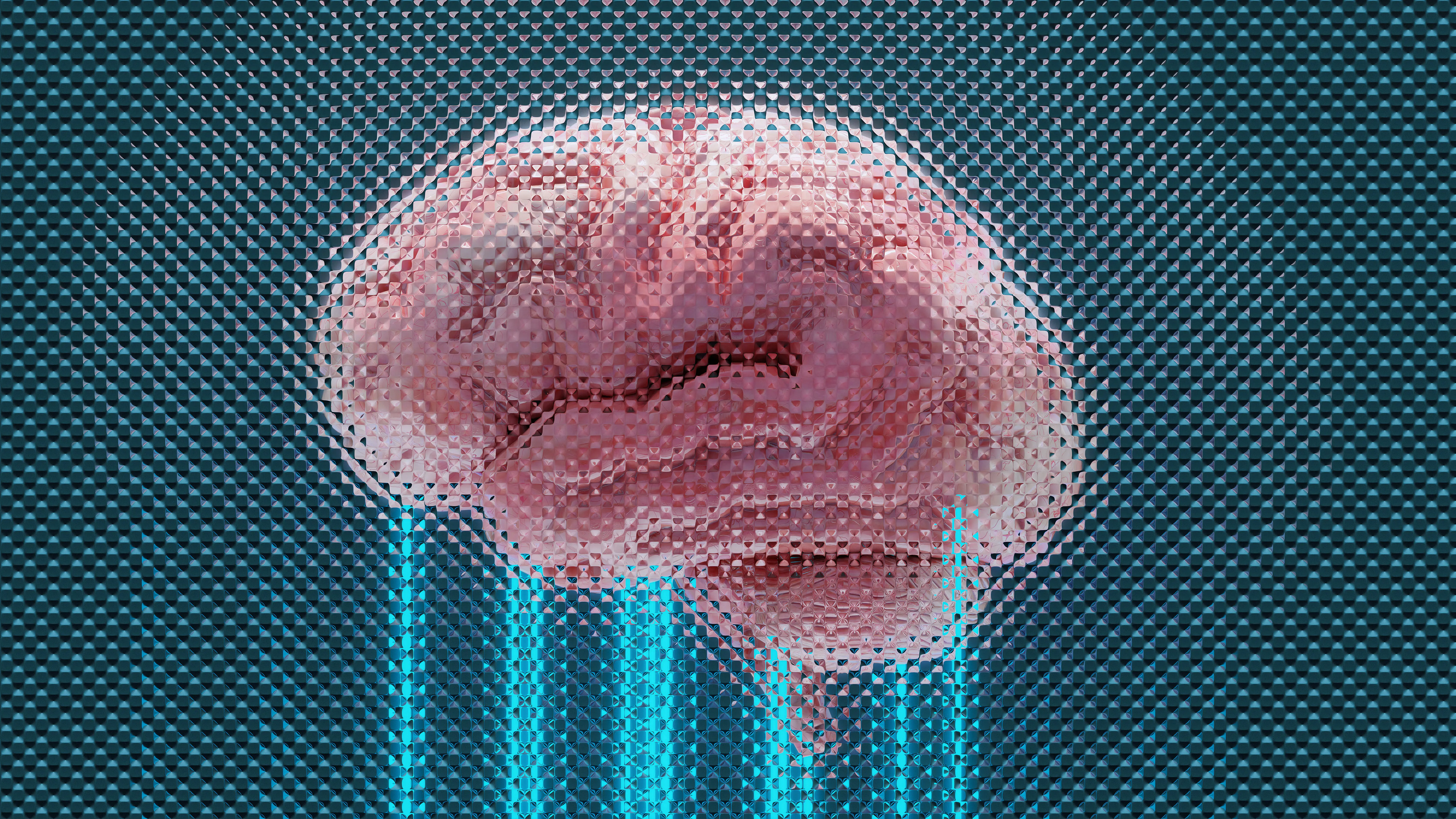
Axoft Revolutionizes Brain Monitoring With Softer Neural Probes
Harvard Startup Develops Flexible Brain-Computer Interfaces

King's College London

AI Chatbots: A Privacy Risk In Disguise?
Study Uncovers How Malicious Chatbots Extract Personal Data

MIT
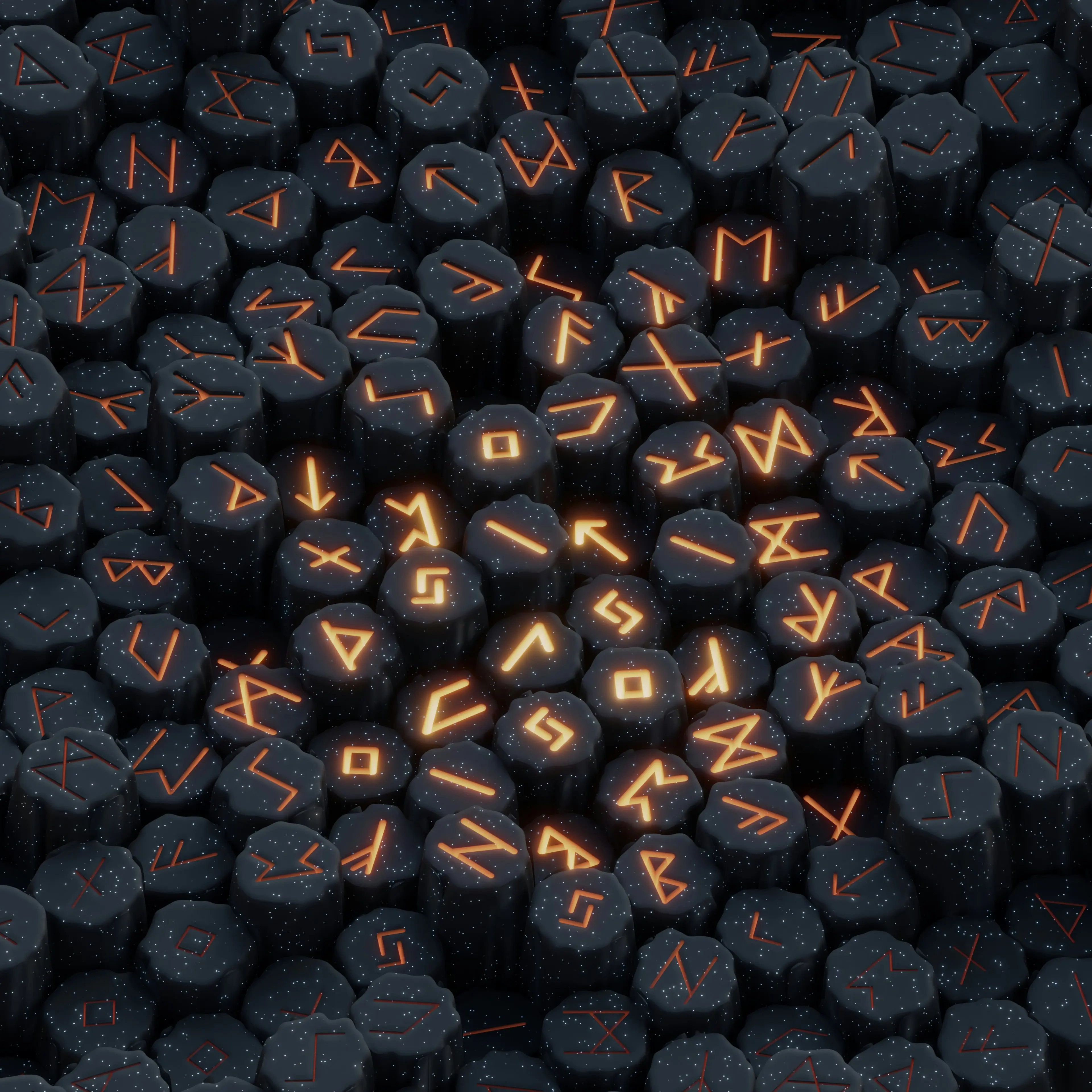
MIT Innovates Iron Fortification With Metal-Organic Frameworks
A New Approach To Tackling Global Iron Deficiency

Cornell University
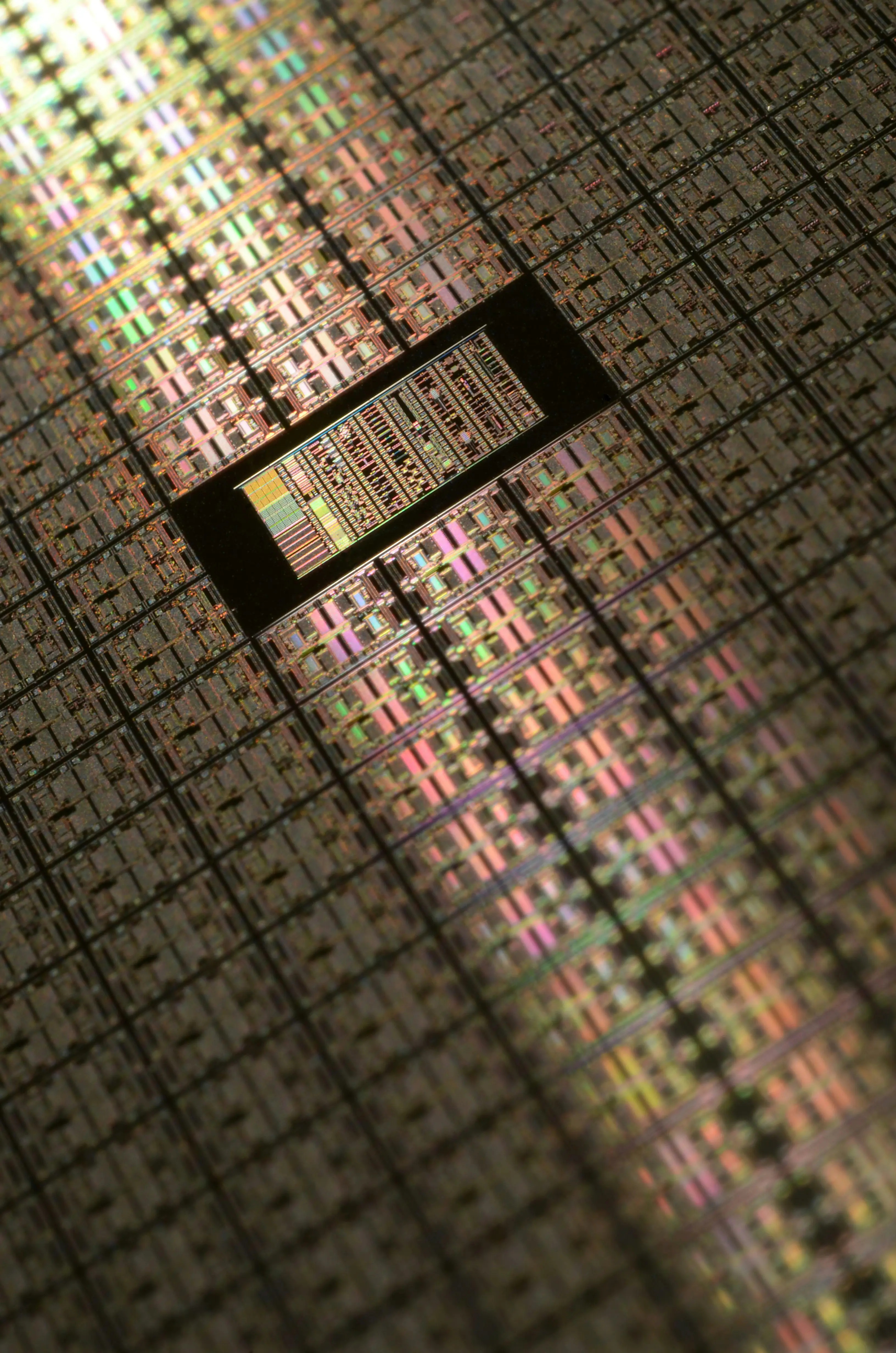
Cornell's 'Microwave Brain': A Revolution In Low-Power Computing
New Microchip Harnesses Microwaves For Efficient, High-Speed Data Processing

UCLA
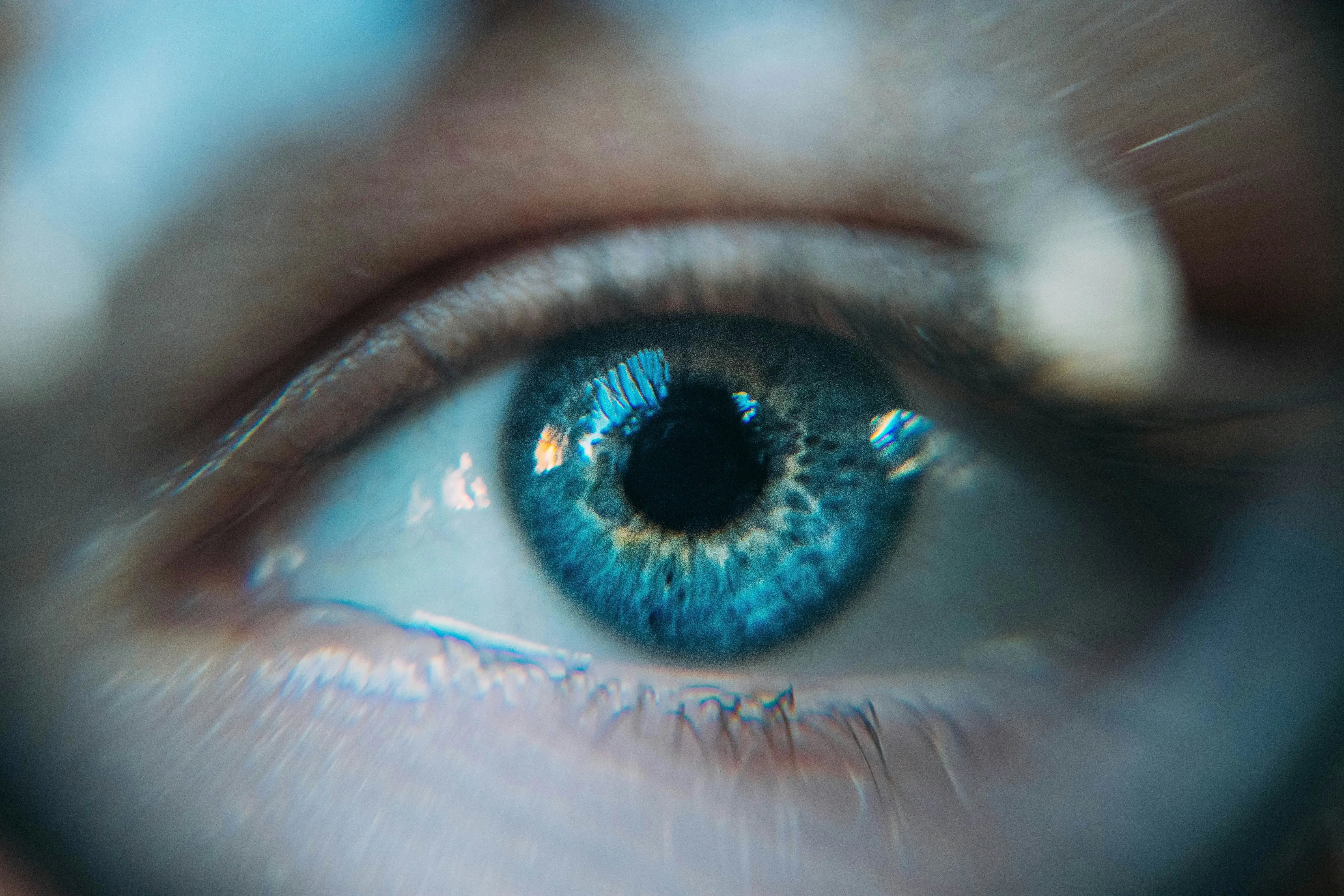
Unlocking The Secrets Of Blinking: UCLA's Path To Revolutionary Eye Prostheses
UCLA Engineers Unravel Complex Eyelid Movements For Future Prosthetic Solutions

University of Oxford

New AI Model Safety Breakthrough Reduces Risk From The Start
Innovative Approach Filters Dangerous Knowledge Before Training

KAIST
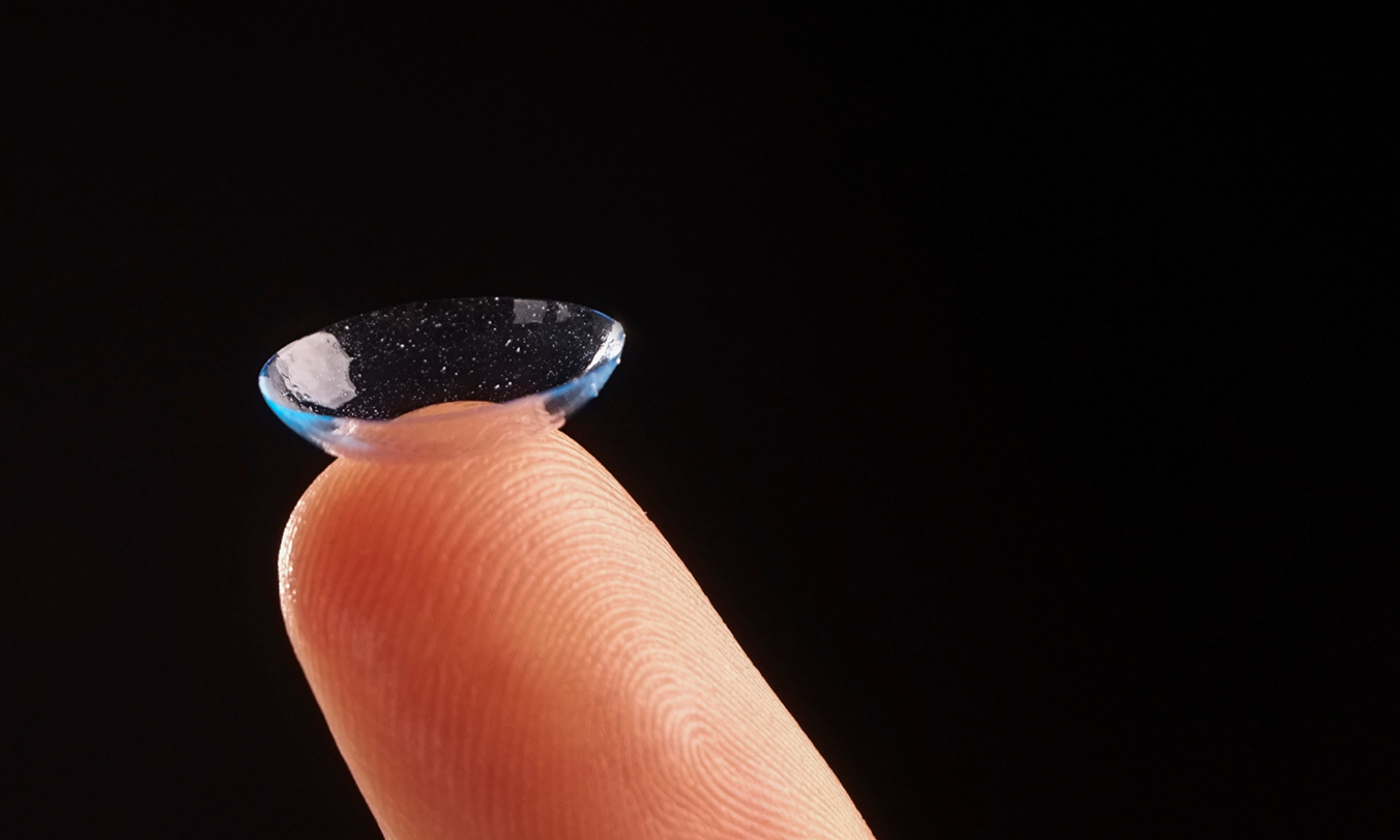
Oled Contact Lenses Revolutionize Retinal Diagnosis
Korean Researchers Develop Cutting-Edge Wireless Ophthalmic Tech
